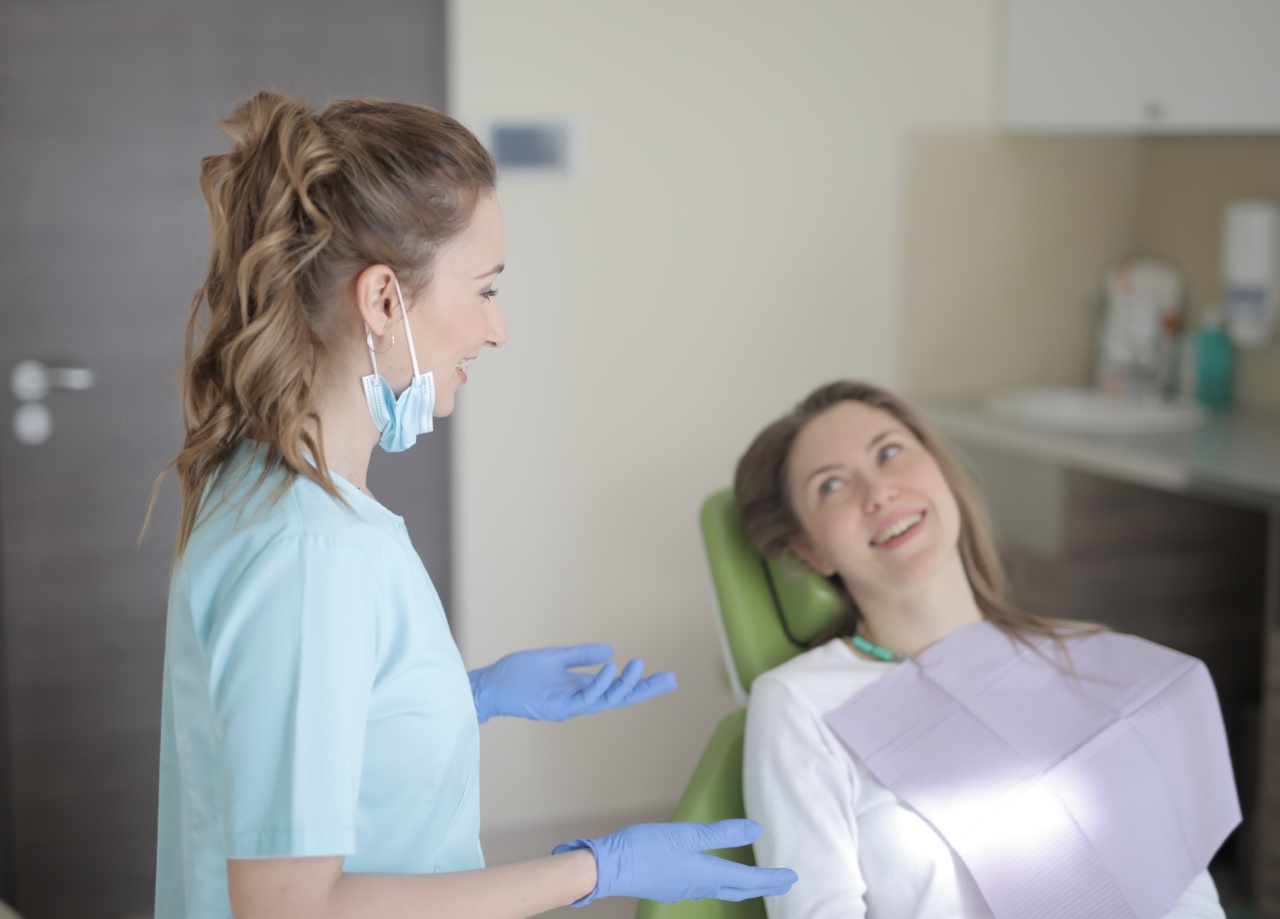A colonoscopy is a medical procedure that allows a doctor to examine the inner lining of your large intestine, also known as the colon.
It is used to detect any abnormalities, such as polyps, ulcers, or tumors, and also to check for signs of colorectal cancer. During the procedure, a thin, flexible tube with a tiny camera called a colonoscope is inserted into your rectum and guided through your colon.
Why is a Colonoscopy Done?
Colonoscopy is typically performed as a preventive measure for individuals at higher risk of developing colorectal cancer.
It is recommended for individuals over the age of 50, or earlier for those with a family history of the disease or other risk factors. The procedure helps detect and remove precancerous growths called polyps, preventing them from developing into cancer.
Preparing for a Colonoscopy
Before the procedure, your doctor will provide you with instructions on how to prepare your bowel for the colonoscopy. This typically involves a clear liquid diet for a day or two before the procedure, and taking laxatives or enemas to empty your colon.
It is important to follow these instructions carefully to ensure a successful and accurate examination.
The Colonoscopy Procedure
During the colonoscopy procedure, you will be given anesthesia to help you relax and minimize any discomfort. Once you are in a comfortable position, the colonoscope is gently inserted into your rectum and advanced through your colon.
The camera at the tip of the colonoscope captures and transmits images of your colon to a monitor, allowing the doctor to examine the lining and detect any abnormalities.
What Happens During the Colonoscopy?
As the colonoscope moves through your colon, your doctor may inflate your colon with air to get a better view. This can cause a sensation of pressure or bloating but should not be painful.
If any polyps or abnormal tissues are found, they may be removed or biopsied during the procedure. This is done by inserting small instruments through the colonoscope to perform the necessary interventions.
Recovery After a Colonoscopy
After the colonoscopy, you will be taken to a recovery area to allow the effects of the anesthesia to wear off. You may experience some cramping or bloating, and it is common to pass gas.
It is important to take it easy for the rest of the day, and you may need someone to drive you home if you received sedation during the procedure. Your doctor will provide you with post-procedure instructions, including when you can resume your regular diet and activities.
Benefits and Risks of Colonoscopy
Colonoscopy plays a vital role in colorectal cancer screening and prevention. By detecting and removing polyps, it significantly reduces the risk of developing colorectal cancer.
The procedure is generally safe, but as with any medical intervention, there are some risks involved. These risks include perforation of the colon, bleeding, and adverse reactions to anesthesia or sedation. However, the benefits of early detection and prevention outweigh the risks for most individuals.
When to Consult a Doctor
If you are experiencing symptoms such as persistent changes in bowel habits, rectal bleeding, abdominal pain, or unexplained weight loss, it is important to consult a doctor.
These symptoms may indicate underlying conditions, including colorectal cancer, and may require further evaluation, such as a colonoscopy.
FAQs about Colonoscopy
1. How long does a colonoscopy take?.
On average, a colonoscopy takes approximately 30 minutes to an hour.
2. Is a colonoscopy painful?.
No, a colonoscopy is not typically painful. You may experience some pressure or discomfort, but anesthesia is administered to minimize any discomfort.
3. How often should I have a colonoscopy?.
The frequency of colonoscopy depends on various factors, including your age, family history, and previous findings. Your doctor will recommend the appropriate screening interval for you.
The Importance of Regular Screening
Regular screening, such as a colonoscopy, is crucial for the early detection and prevention of colorectal cancer. By identifying and removing precancerous polyps, the risk of developing colorectal cancer can be significantly reduced.
It is essential to discuss your screening options with your doctor and follow their recommendations based on your individual risk factors.





























